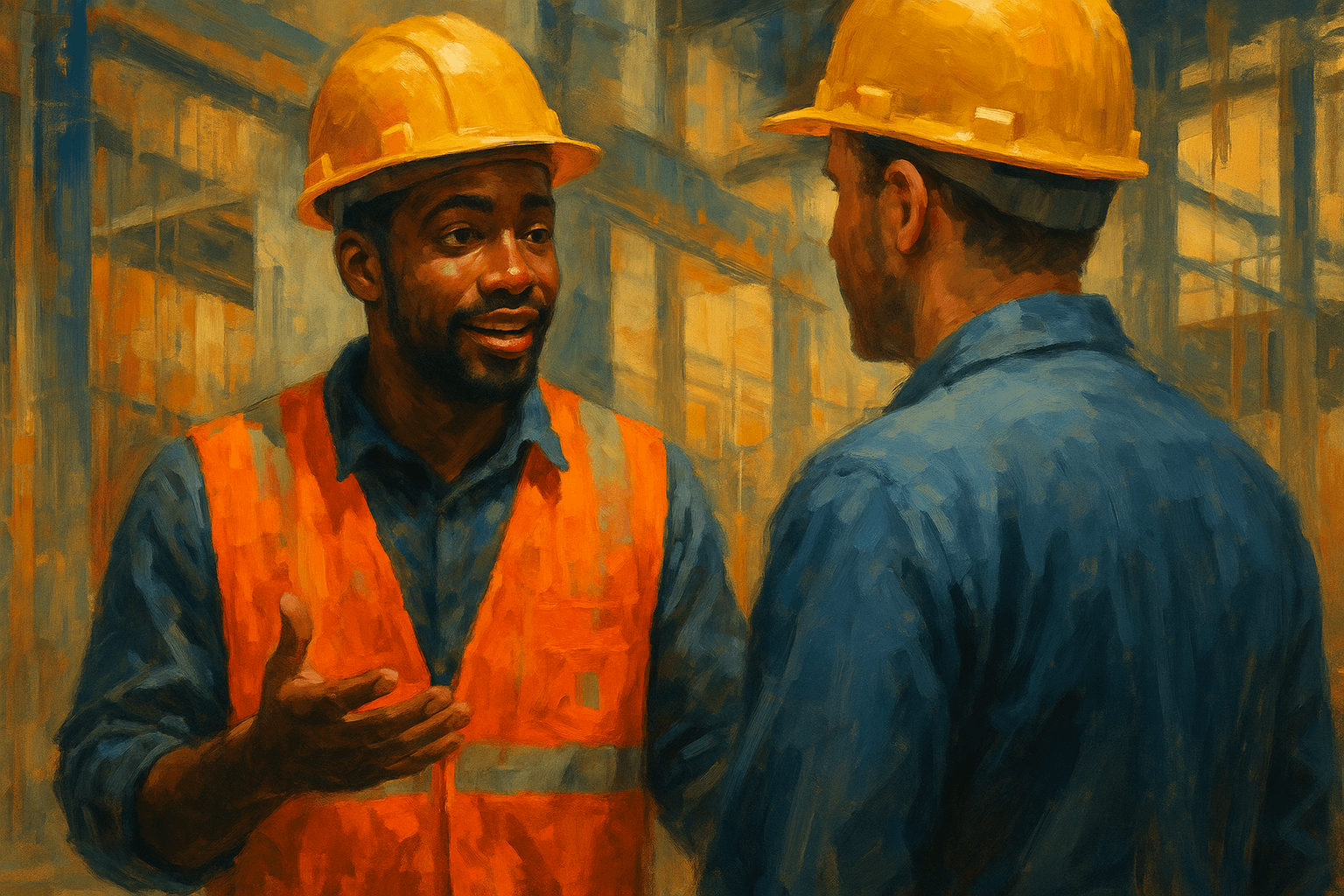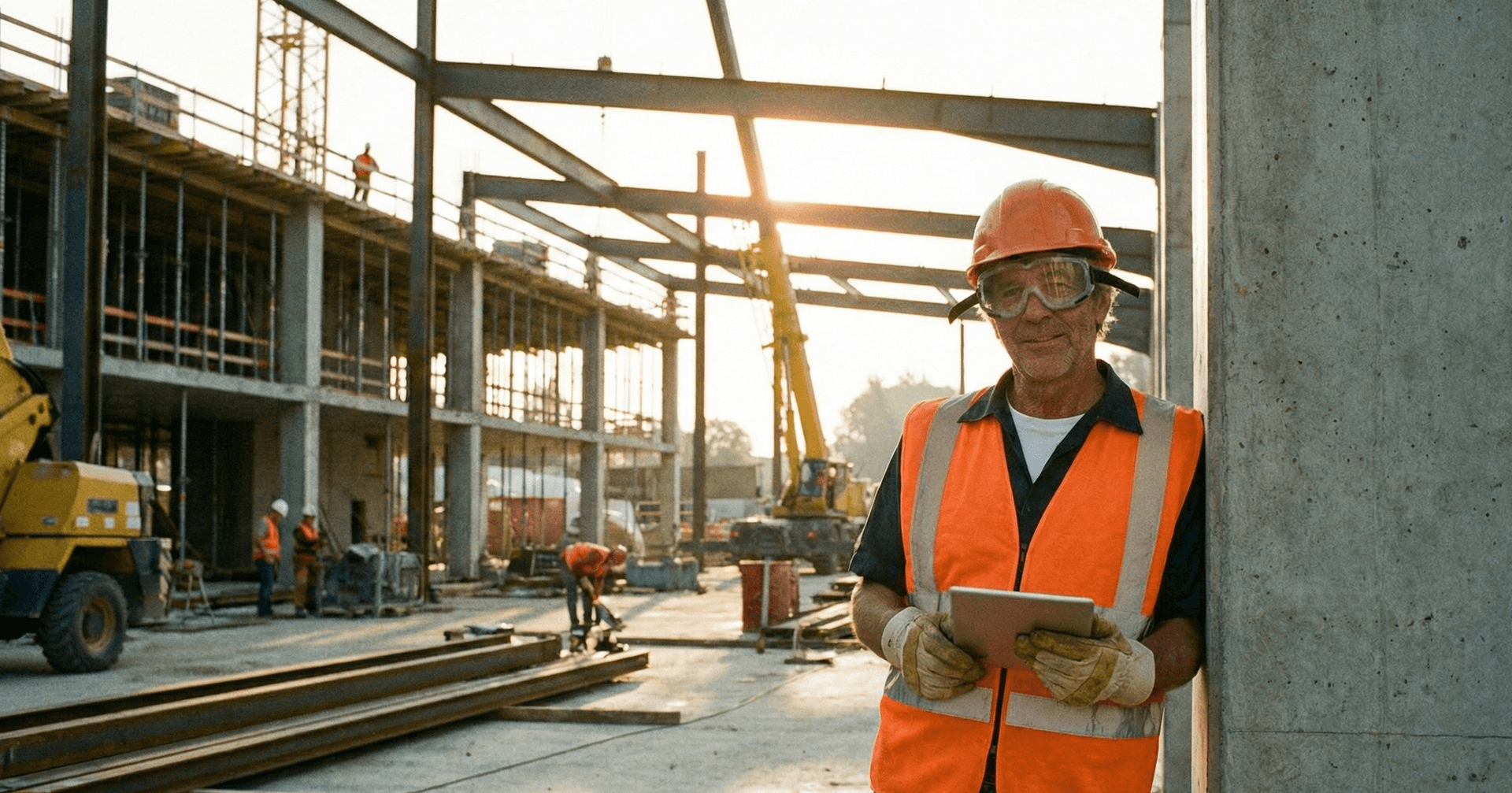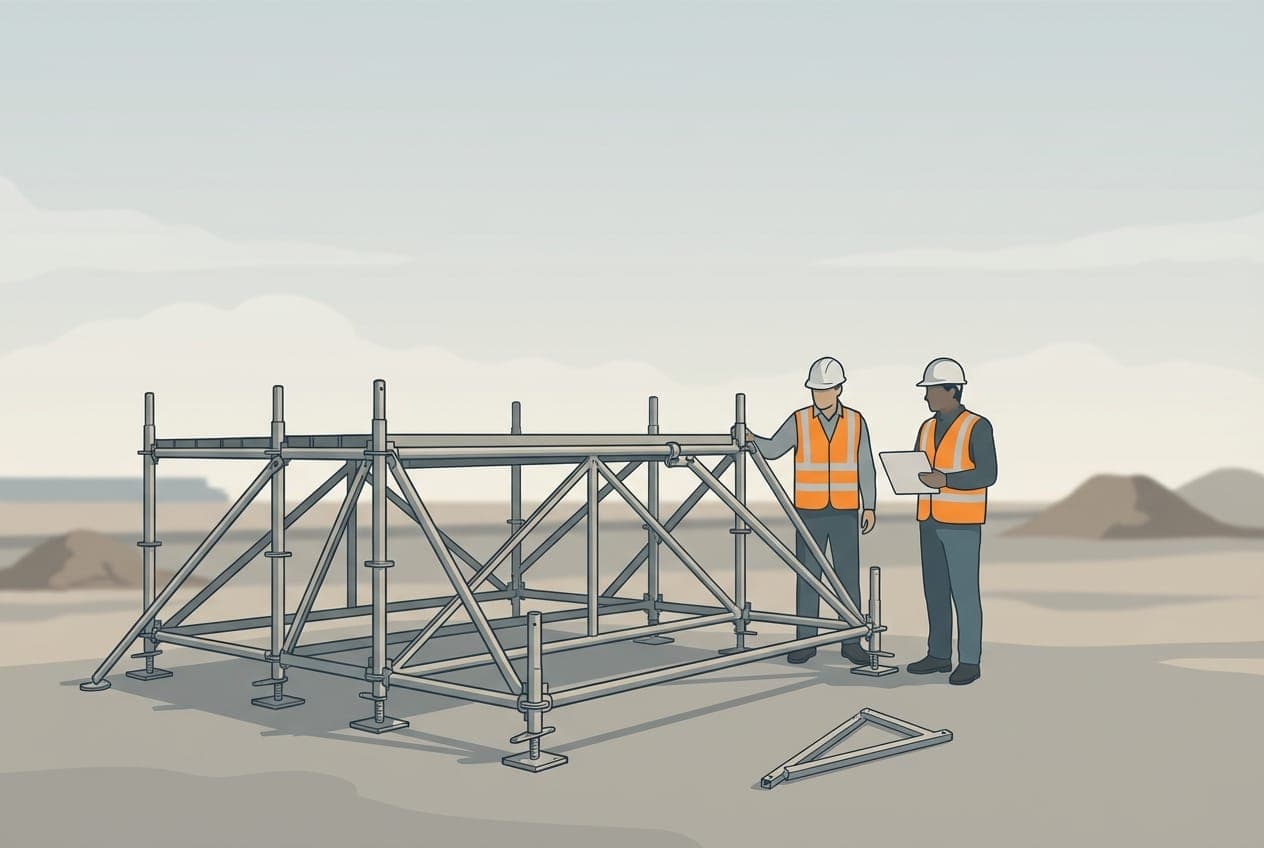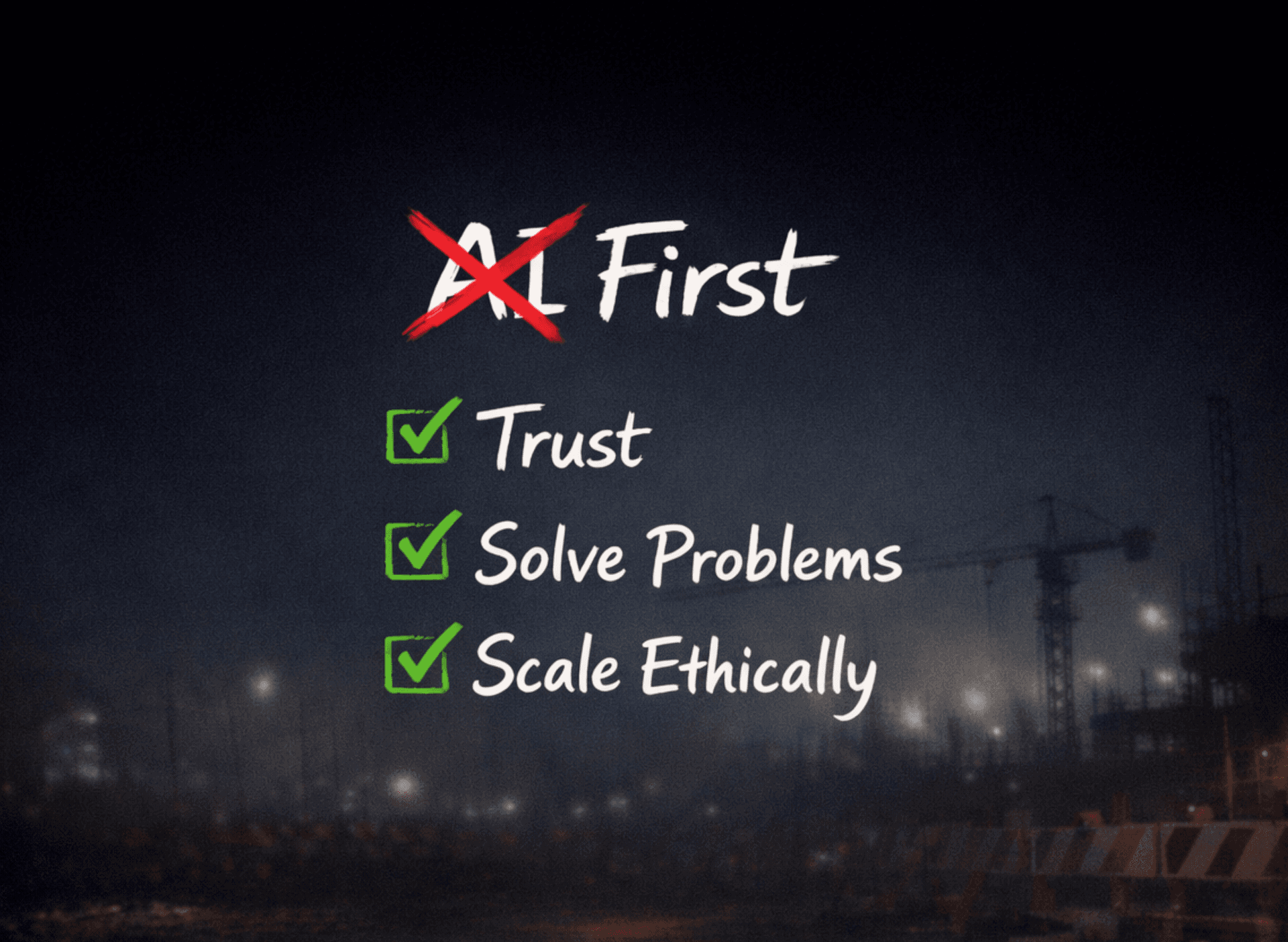Soft Skills... More Important Than Technical Skills?

Brady Keene
Co-founder, COO and Head of Safety

Some of my best students have never been the most technically gifted. They are not the ones who aced every exam or filled their schedules with club meetings and certifications. They are usually the ones who could walk into a house party, strike up a conversation with anyone, and hold their own in an honest, sometimes difficult, conversation. They are personable, grounded, and real.
And more often than not, they become the best safety professionals I know.
It is easy to assume that technical knowledge drives success in our field. But the truth is, safety is about relationships. And relationships are built on trust, empathy, and the ability to connect. Those are not technical traits. Those are soft skills.
The Limits of Technical Competence
Of course technical knowledge matters. We need professionals who understand cranes, confined spaces, fall protection, and how to interpret standards like 1926 Subpart N or 1910.147. But if a safety professional's only tool is quoting regulation, they are going to struggle.
Safety is not about winning arguments. It is about building cultures, and you cannot build culture from behind a desk or buried in a binder. You build a safety culture when you show up, check in, listen, ask thoughtful questions, and respond like a human being.
I have seen it time and again. The professionals who can navigate both the boardroom and the breakroom are the ones who make a lasting impact. The ones who get called for help when something feels off. The ones who prevent events not just because they saw a hazard, but because someone trusted them enough to speak up before it became one.
Soft Skills Are Safety Skills
Somewhere along the line, we started treating soft skills as nice to have. I think we got that wrong. Listening, critical thinking, handling conflict, asking the right questions, making someone feel seen... those are safety skills. They are what allow us to do our jobs when the work is not going according to plan.
Think about it from a Human and Organizational Performance (HOP) lens. When a worker steps out of the black line of defined work and into the blue line of adaptation, what keeps that drift from turning into a serious event? Often it is the ability to stop, ask for help, and get a thoughtful response from someone they trust. If we do not create that trust, we lose the opportunity to intervene.
That kind of influence does not come from technical knowledge alone. It comes from presence. From showing up for people, not just checking their PPE.
Soft Skills in the Age of AI
AI is already starting to change how safety is practiced. Tools like virtual assistants can now generate reports, pull standards, and even suggest corrective actions faster than a human ever could. That is a good thing. It means safety professionals can spend less time writing and more time connecting.
But here is the catch, AI cannot build relationships, yet. It cannot walk a jobsite and notice that someone seems off. It cannot lean into a tough conversation or inspire a room full of senior leaders to think differently about risk. That part is still ours. And it is where we bring the most value.
As AI takes over more of the technical lift, the soft skills will matter even more. If we are going to lead in this new era, we need to double down on being the humans that make safety human.
So Now What?
If you are a safety educator, mentor, or leader, ask yourself... are you developing your team’s ability to listen, to care, to speak up, and to connect? If you are a student or early career professional, do not overlook the power of a real conversation. Learn the regulations, absolutely. But also practice talking to people. All kinds of people. Executives. Laborers. Project managers. Strangers.
Because safety professionals are not just technical experts. We are translators, coaches, teammates, and at our best, trusted allies.
The day of the safety cop is over. The future belongs to those who can think critically, act with empathy, and build meaningful relationships across every level of the organization.
Let’s start teaching, hiring, and valuing accordingly.
Related Posts
Continue reading with these related articles


